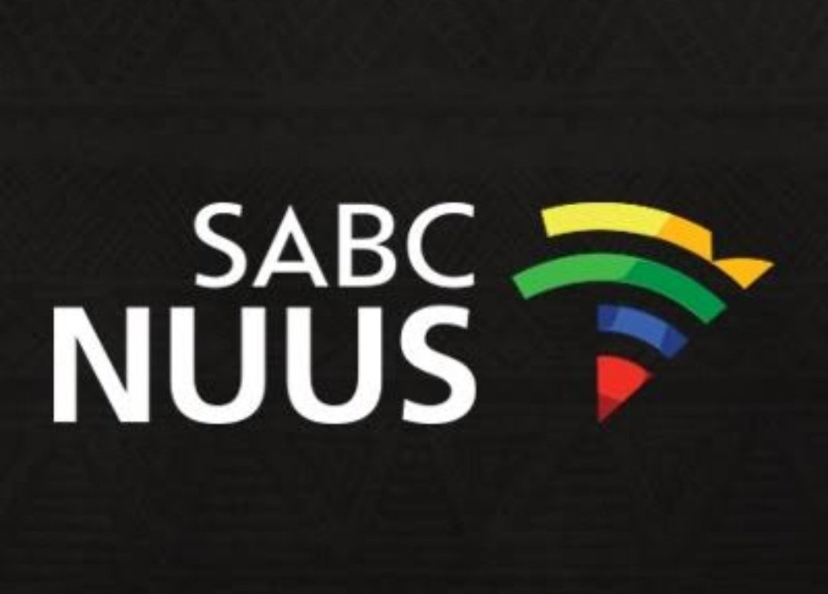
The South African Broadcasting Corporation’s (SABC) sudden decision to discontinue the Afrikaans news bulletin on SABC2 has ignited a firestorm of controversy across South Africa.
The move, which was implemented without warning or explanation, has left many questioning the motivations behind it.
Critics, including the Democratic Alliance (DA) and AfriForum, have been vocal in their opposition, arguing that the decision undermines the country’s linguistic diversity and alienates over 300,000 viewers who relied on the Afrikaans news as a vital source of information.
This development has sparked renewed debate about the role of the SABC as a public broadcaster in a country with 11 official languages. Afrikaans, the third most spoken language in South Africa, holds significant cultural and historical importance, despite its complex and contentious history. While some view Afrikaans as a language closely tied to the apartheid era, others see it as an integral part of South African heritage.
The SABC’s financial struggles have been well-documented, leading many to speculate that budget constraints or shifting priorities may have influenced the decision. Some believe that the broadcaster may be favoring English or other languages, potentially at the expense of Afrikaans.
However, without an official statement from the SABC, much of the speculation remains unanswered, leaving many to wonder if this is a sign of disregard for Afrikaans-speaking communities, many of whom are people of colour.
This move is part of a broader trend of reduced Afrikaans content on SABC2, including the cancellation of long-running shows like 7de Laan and Pasella.
Some view these changes as a strategic pivot by the broadcaster, perhaps to adapt to financial pressures or to diversify programming. Others, however, see it as a worrying trend that could further marginalise Afrikaans-speaking communities.
The controversy surrounding the SABC’s decision highlights the complexities of language and identity in South Africa. As the country continues to navigate its complex history and cultural heritage, the role of public broadcasters like the SABC will remain a topic of debate.
The question remains: Will the SABC find a way to balance its financial constraints with its responsibility to serve all South African language communities, or will this decision mark a significant shift in the country’s linguistic landscape?
Also see: Helen Zille to be roasted in the 2025 Showmax Roast




